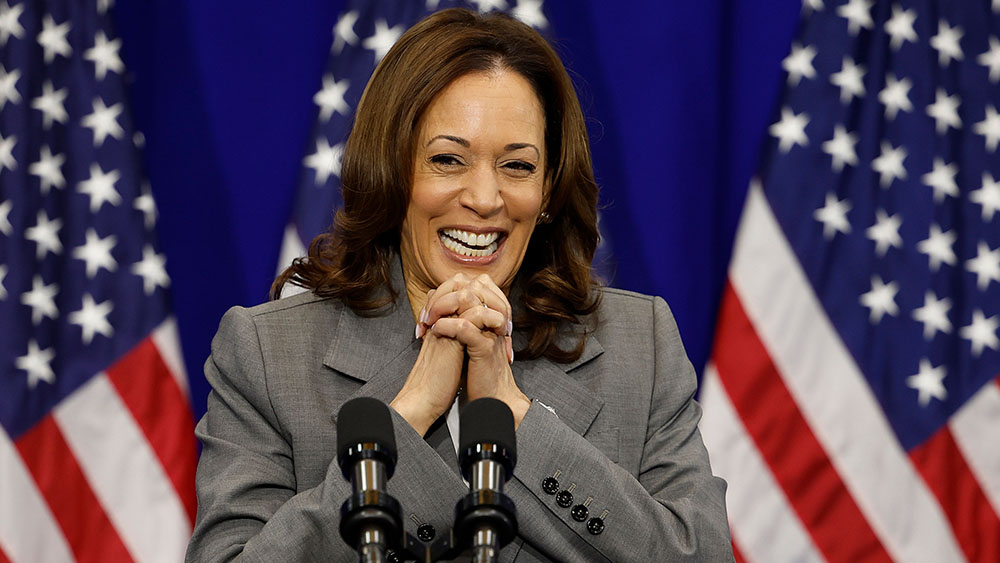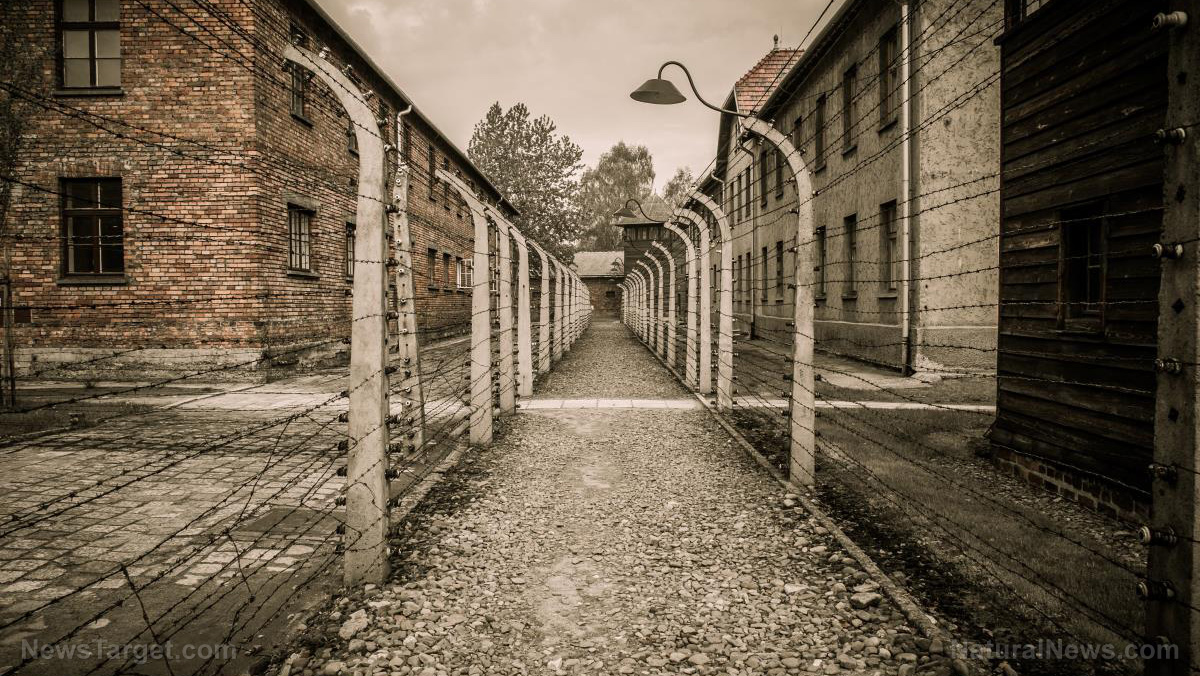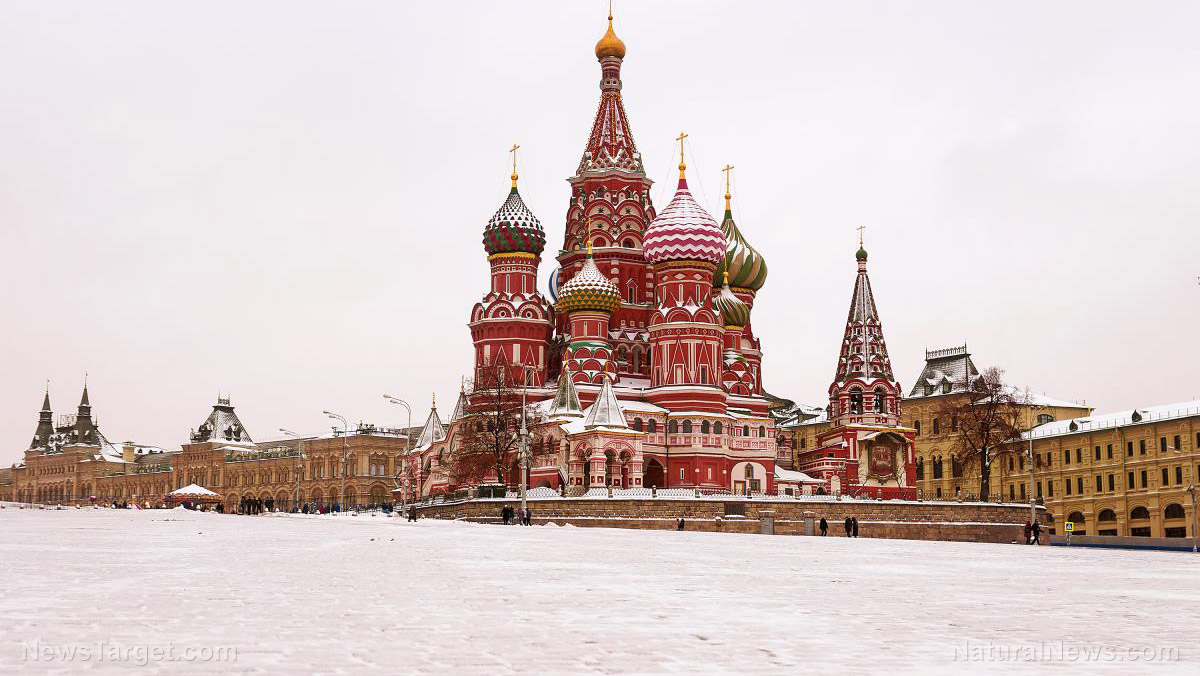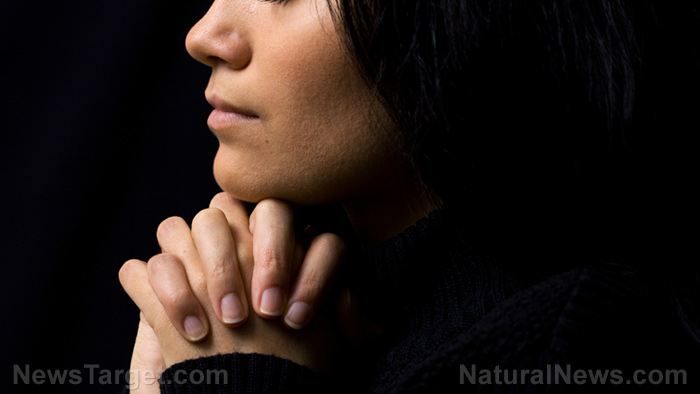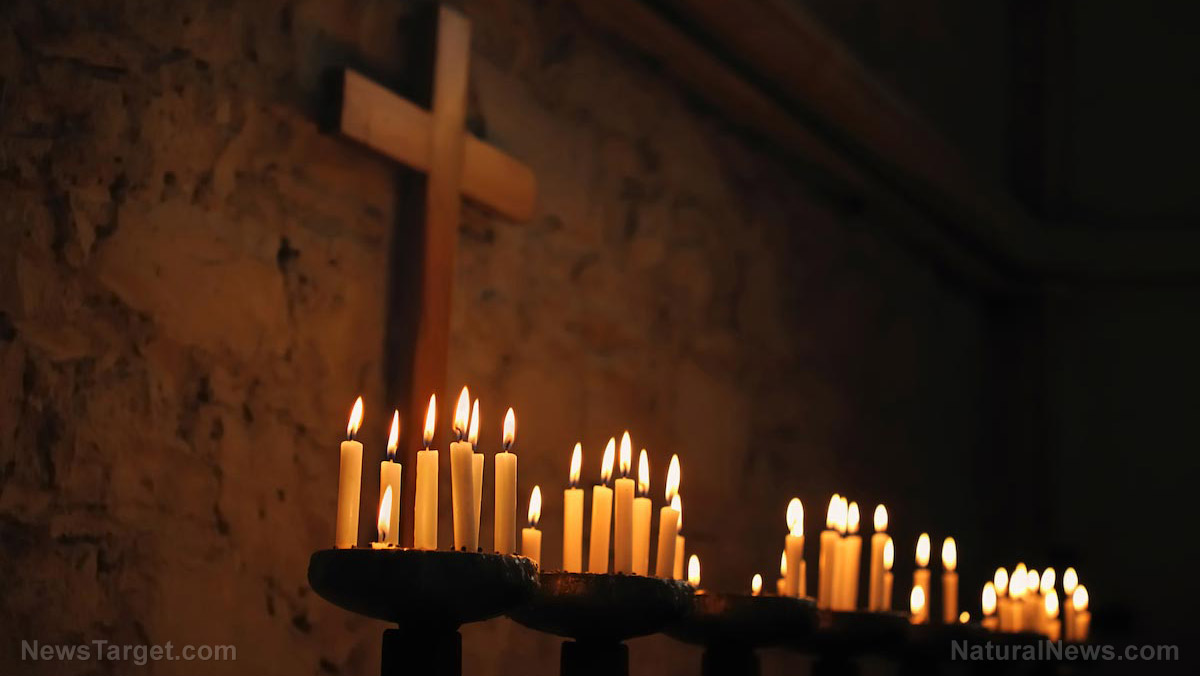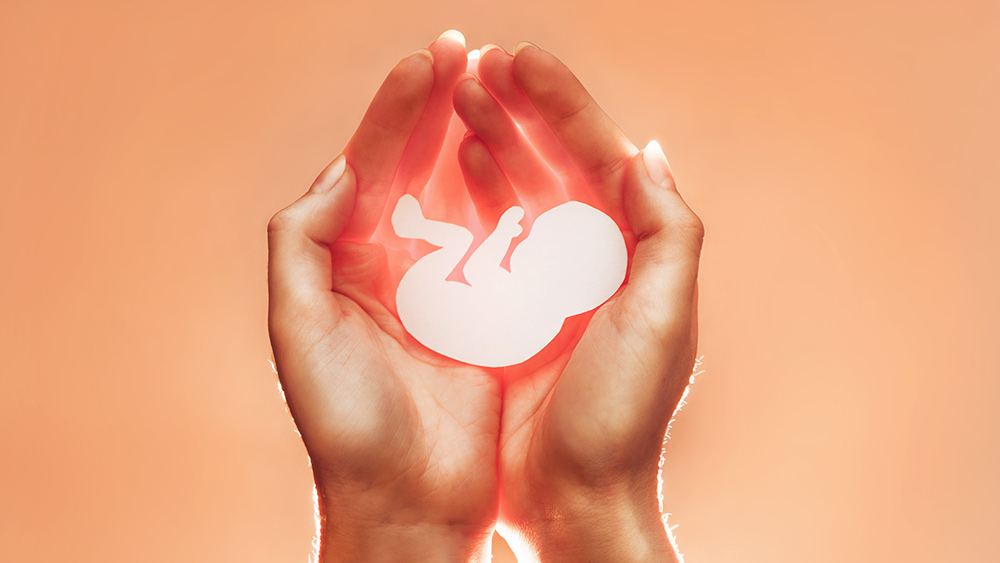Orthodox Church blasts Ukraine for passing legislation suppressing any religion with historical links to Russia
08/28/2024 / By Belle Carter
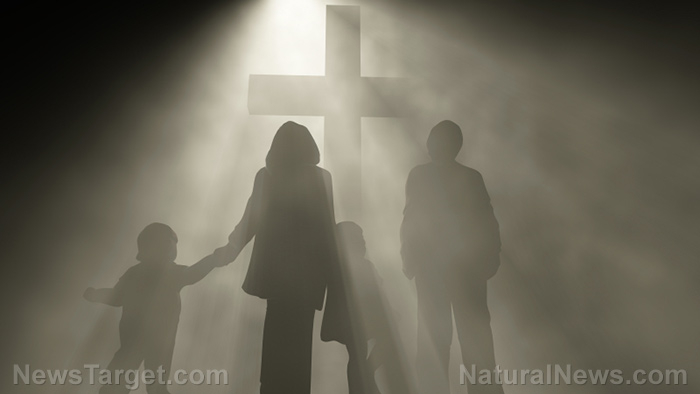
The Ukrainian parliament recently passed a bill that would grant the government the right to ban any church or religious community with suspected ties to Russia. This did not sit well with the Holy Synod of the Russian Orthodox Church (ROC) as it compared the measure to Soviet-style repression.
Around 265 Ukrainian lawmakers on Aug. 20 passed the said legislation, saying that a government commission will assemble a list of “affiliated” organizations whose activities are not allowed.
The said law also outright bans the ROC and all affiliated religious institutions from operating in Ukraine. This paves the way for a historic rupture with an institution that Kyiv has accused of complicity in Moscow’s invasion of Ukraine, the ROC said in a statement. (Related: Ukrainian parliament approves law BANNING the country’s biggest Orthodox church.)
This was also seen by the religious sector as directly targeted against the Ukrainian Orthodox Church (UOC). Despite the UOC officially declaring full autonomy from the Moscow Patriarchate in 2022, Kyiv has repeatedly accused the church and its clergy of maintaining ties to Moscow.
“The purpose of this law is to liquidate [the UOC] and all its communities and to forcibly transfer them to other religious organizations,” the ROC said, adding that “hundreds of monasteries, thousands of communities, millions of Orthodox believers in Ukraine will find themselves outlawed and will lose their property and place of prayer.”
It said that the centralized nature of the law is related to “sad historical precedents such as the persecutions in the Roman Empire during the time of Nero and Diocletian, the so-called de-Christianization of France during the French Revolution of the 18th century, the atheistic repressions in the Soviet Union and the destruction of the Albanian Orthodox Church in the 1960s.”
ROC also raised that Kyiv’s latest measure comes against the backdrop of a “long-term, slanderous anti-church campaign of the Ukrainian media” which has sought to defame canonical Orthodoxy and to provoke and justify the mass seizure of churches, which have been organized by the radical nationalists, local authorities, special services and law enforcement agencies.
The Synod noted that these seizures often come hand in hand with violence and mass beatings of clergy and churchgoers. UOC clerics have also continued to receive threats from Ukrainian special services, who have fabricated dozens of criminal cases against the pastors, in some cases handing them unjust sentences, the ROC alleged.
In conclusion, the highest authority in the Orthodox church said that it would appeal to international human rights organizations to immediately and objectively respond to the “flagrant persecution of believers in Ukraine.”
Ukrainian President Volodymyr Zelensky, who immediately signed the bill into law on Saturday, which is incidentally Ukraine’s Independence Day, hailed the vote as a step to strengthen Ukraine’s “spiritual independence.” He referenced the bill and said, “Ukrainian orthodoxy today is taking a step toward liberation from the devils of Moscow.”
Moreover, lawmaker Iryna Herashchenko said it was the issue of national security. “This is a historic vote. Parliament approved legislation which bans a branch of the aggressor country in Ukraine,” she wrote on her Telegram account.
Meanwhile, a survey conducted by the Kyiv International Institute of Sociology (KIIS) in April 2024 indicated that 83 percent of Ukrainians believed that the state should intervene in the activities of the UOC to one degree or another. In particular, 63 percent believe that the UOC should be completely banned in Ukraine.
Metropolitan Clement, spokesperson of the UOC criticized the bill in a statement on Facebook, describing the law as an attempt “to divide people into right and wrong citizens.”
Outside a UOC church in Kyiv, a 47-year-old parishioner said recent moves against his church were stifling. “The government is now creeping into my soul. It is up to me to decide how I pray. They have gone completely crazy,” the parishioner, who refused to give his name for fear of reprisal, told CNN.
Roman Catholics’ Pope Francis condemns Ukraine’s ban on ROC
On Sunday, Aug. 25, Pope Francis warned that the legislation banning the activities of a Russia-linked branch of the Orthodox church could infringe on the freedom of worship.
“Do not touch churches,” the pope said in his weekly prayers following the Sunday Angelus, one day after Zelensky signed the ban into law. “In thinking of the law recently adopted in Ukraine, I fear for the liberty of those who pray.”
He said that he continues to follow, with sorrow, the fighting in Ukraine. And that he fears for the freedom of those who pray “because those who truly pray always pray for all.” He added that a person does not commit evil because of praying and if someone commits evil against his people, he will be guilty for it, but he cannot have committed evil because he prayed.
“So let those who want to pray be allowed to pray in what they consider their Church. Please, let no Christian Church be abolished directly or indirectly. Churches are not to be touched!” the pope further appealed.
Meanwhile, the Argentinian pope whose real name is Jorge Mario Bergoglio, again called on everyone to pray for an end to wars, mentioning Palestine, Israel, Myanmar and every part of the world suffering from them. He emphasized, “The people are asking for peace! Let us pray that the Lord will give us all peace.”
Head over to UkraineWitness.com to read more stories related to current events in Ukraine.
Sources for this article include:
Submit a correction >>
Tagged Under:
antichrist, banned, biased, big government, Catholic church, conspiracy, culture wars, demonic times, freedom, Holy Synod, left cult, Liberty, Orthodox Church, Pope Francis, religion, ROC, Roman Empire, Russia, Soviet-style, thought police, Tyranny, Ukraine, Ukrainian Orthodox Church, UOC
This article may contain statements that reflect the opinion of the author
RECENT NEWS & ARTICLES
COPYRIGHT © 2018 BANNED.NEWS
All content posted on this site is protected under Free Speech. Banned.news is not responsible for content written by contributing authors. The information on this site is provided for educational and entertainment purposes only. It is not intended as a substitute for professional advice of any kind. Banned.news assumes no responsibility for the use or misuse of this material. All trademarks, registered trademarks and service marks mentioned on this site are the property of their respective owners.





